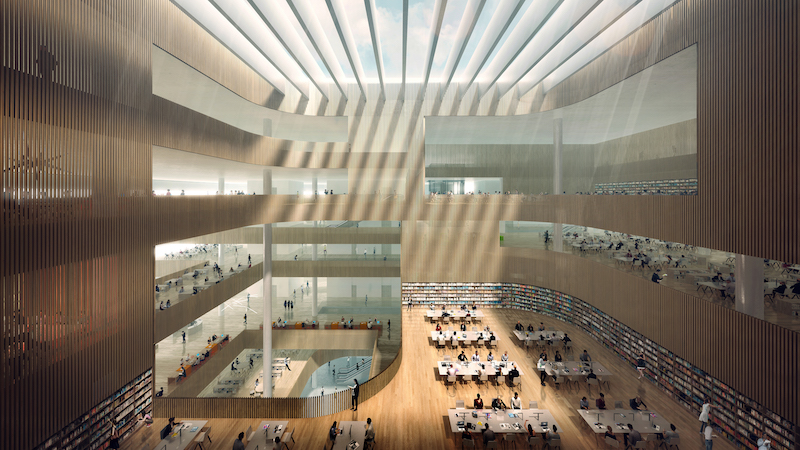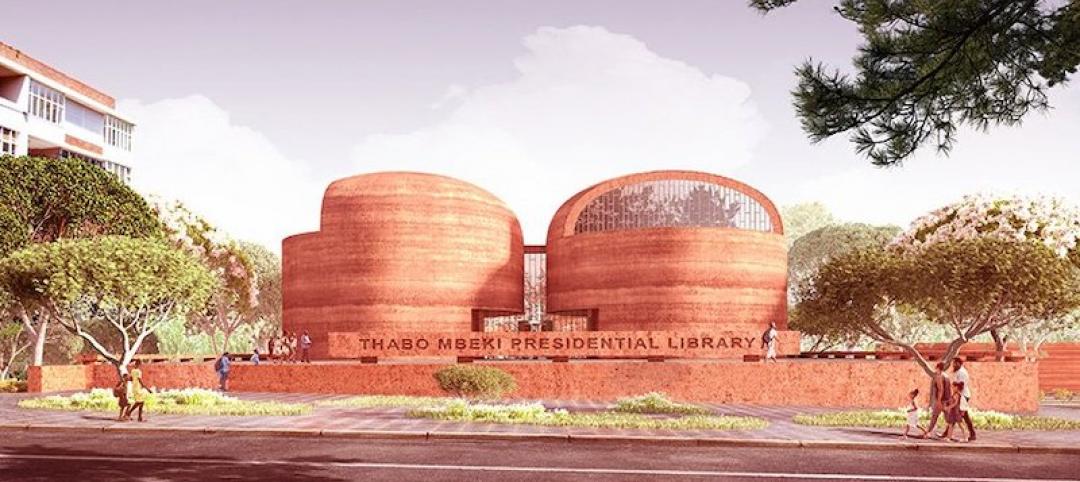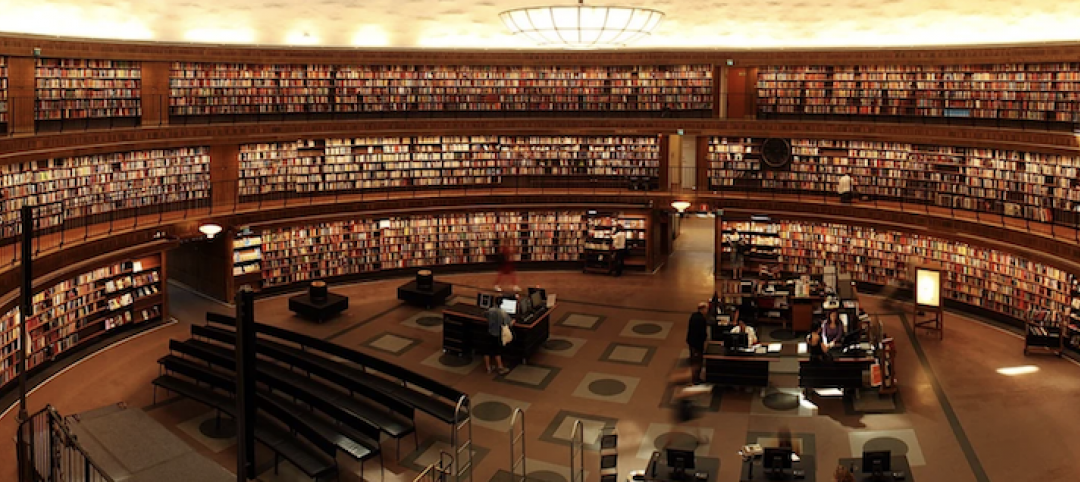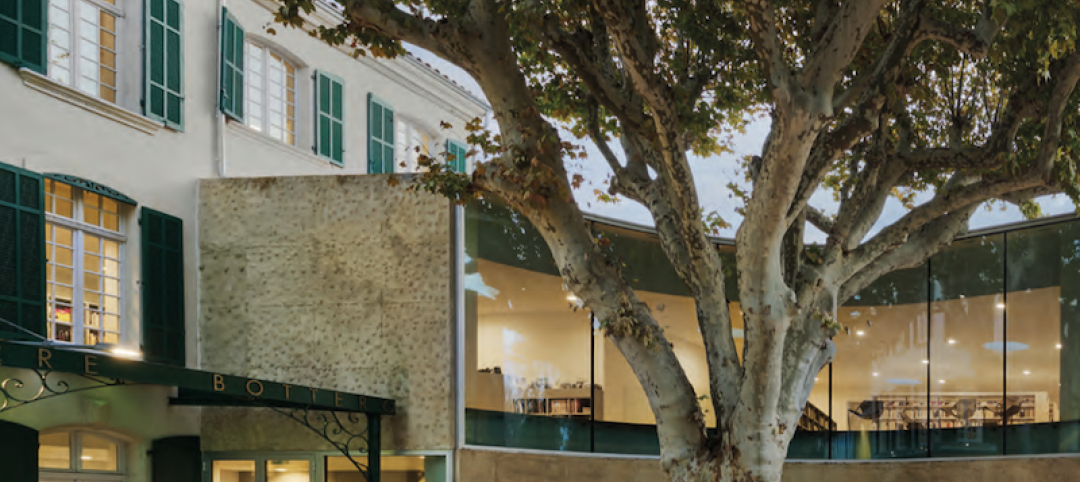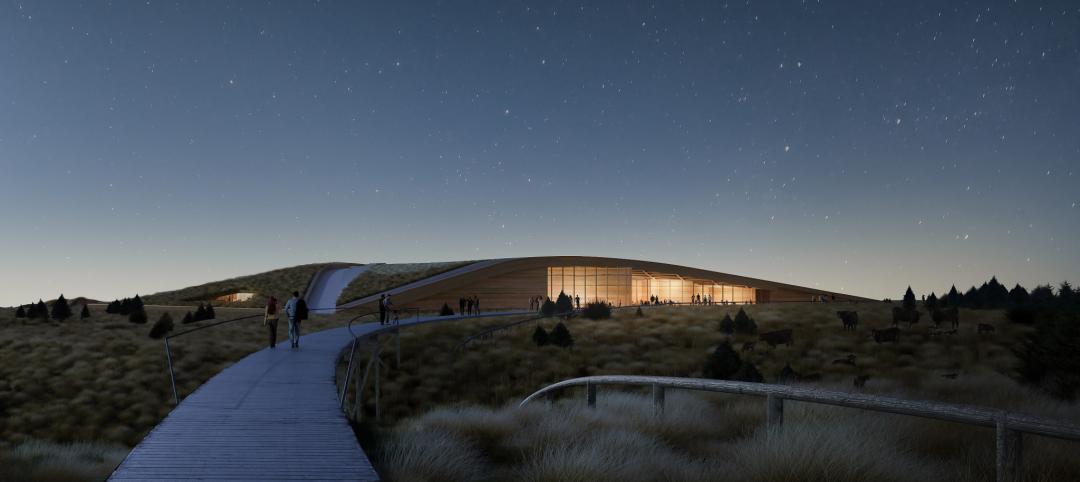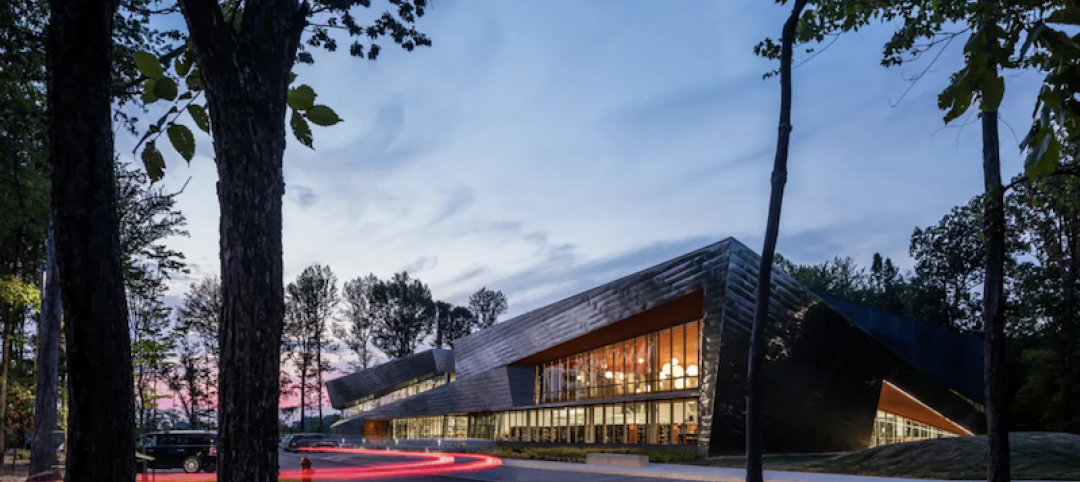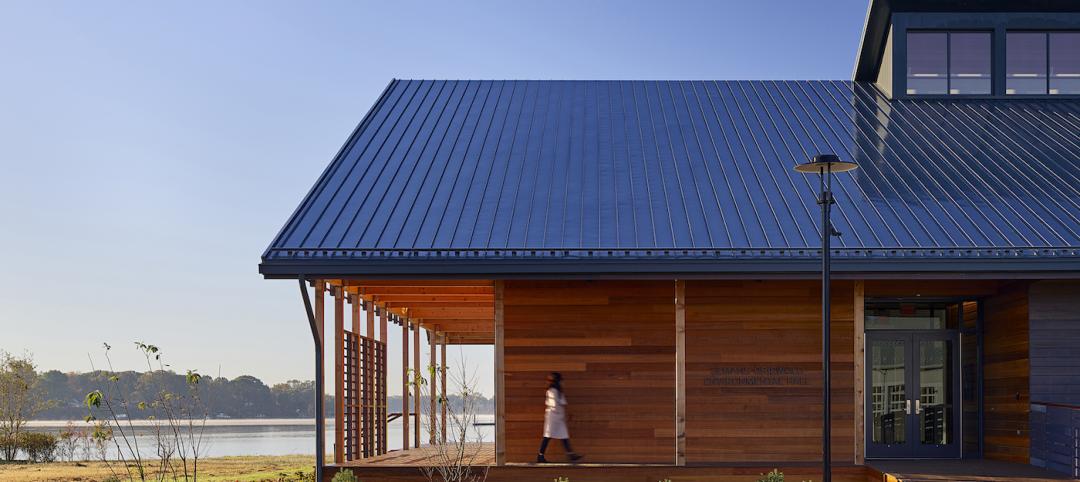Shanghai is the most populous city in the world with almost 25 million inhabitants and the library system of the city dates back to 1847, so the competition to determine the architecture firm that will build the new branch of the Shanghai Library located in one of the most iconic parts of the city saw its share of big names and heavy hitters.
David Chipperfield, Kengo Kuma, and Dominique Perrault were just a few of the architects who vied for the project, but after the six-month-long, two stage competition ended, Schmidt Hammer Lassen Architects won the opportunity to design the building.
The library, which will be located in Pudong District, is conceived as a monolithic object floating about the tree canopy within Century Park. The main library volume will float above two pavilions that will house a 1,200-seat performance venue, exhibition and events space, and a children’s library.
The architects for the project point to the library’s location within a park as one of the more interesting aspects of the project as it presents an opportunity to “create a sanctuary for knowledge and media in the trees.”
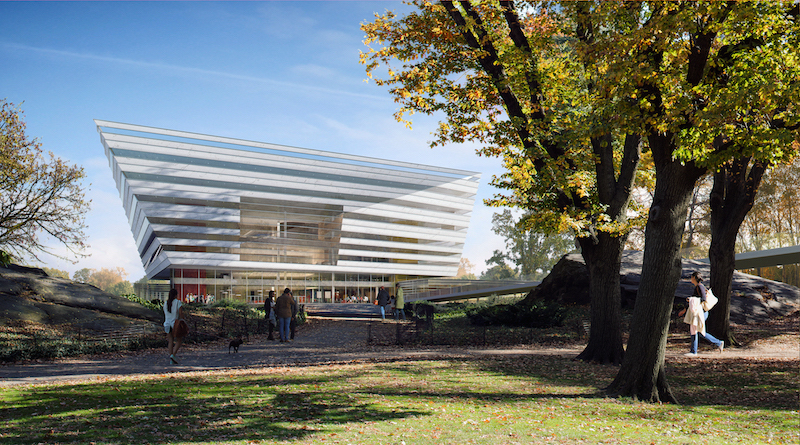 Rendering courtesy of Schmidt Hammer Lassen Architects.
Rendering courtesy of Schmidt Hammer Lassen Architects.
The library will feature three staggered reading rooms, arranged around a grand central atrium, that open up and connect to various parts of the library. The main library volume will be clad in a façade of clear, insulated, and fritted glass while the building will be carved and twisted to reflect the surrounding park and sky, according to the Schmidt Hammer Lassen Architects. In order to minimize solar glare, the glass panels will be arranged in angled, horizontal bands.
The windows will allow visitors to look out to the east and see panoramic views of Century Park while views to the south will be of the landscaped courtyards and gardens of the new library park. The north and west facing windows will provide views of the city.
The project is currently in the design process with a completion date in 2020.
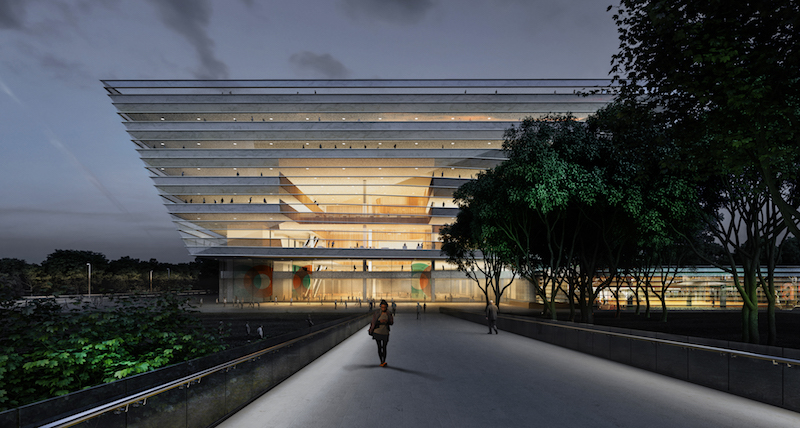 Rendering courtesy of Schmidt Hammer Lassen Architects.
Rendering courtesy of Schmidt Hammer Lassen Architects.
Related Stories
Giants 400 | Dec 3, 2020
2020 Cultural Facilities Giants: Top architecture, engineering, and construction firms in the U.S. cultural facilities sector
AECOM, Arup, and Populous head BD+C's rankings of the nation's largest cultural facilities sector architecture, engineering, and construction firms, as reported in the 2020 Giants 400 Report.
Libraries | Nov 30, 2020
Adjaye Associates reveals design of the Thabo Mbeki Presidential Library
The project is located in Johannesburg.
Libraries | Oct 22, 2020
Envisioning libraries as community hubs
In the following, HGA Vice President and Senior Designer Jane Dedering discusses her passion for libraries, community engagement, and how the current pandemic will influence libraries moving forward.
Libraries | Oct 21, 2020
Hôtel particulier built in 1642 becomes a media library and park
The project is located in Pélissanne.
Libraries | Sep 25, 2020
Major renovation to Providence’s downtown library is completed
The $29 million project adds light and collaborative space to a 67-year-old wing.
Libraries | Sep 22, 2020
Snøhetta wins design for the Theodore Roosevelt Presidential Library
The project is located in Medora, N.D.
Libraries | Sep 18, 2020
Four projects receive 2020 AIA/ALA Library Building Award
2020 AIA/ALA Library Building Award recipients must demonstrate design achievement, including a sense of place, purpose, ecology, environmental sustainability, and of history.
Libraries | Sep 15, 2020
Campus libraries are leaping into the future
The world of information and student populations are constantly evolving. Academic libraries can lead the way as campuses strive to stay ahead.
Giants 400 | Aug 28, 2020
2020 Giants 400 Report: Ranking the nation's largest architecture, engineering, and construction firms
The 2020 Giants 400 Report features more than 130 rankings across 25 building sectors and specialty categories.
Libraries | May 12, 2020
Designing resilient libraries for a post-covid world
As architects, it has been especially interesting to see how public libraries have deployed their physical resources and spaces to continue serving their communities despite these closures.


